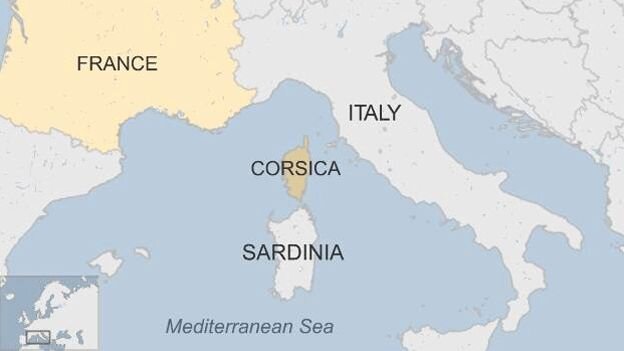Indian Society
Are Sewer Deaths the New Normal
- 27 Oct 2018
- 6 min read
(The editorial is based on the article “Are Sewer Deaths the New Normal” which appeared in Economic & Political Weekly on 22nd September 2018. It analyses the issues related to sewage workers in the country.)
Sanitary workers are responsible for keeping the environment clean and as such they also contribute to the socio-economic development of the country, yet, they are the most neglected ones in the eyes of the civilized society.
At a time when growth is taking place in every sector, there are several communities which are left far behind and are living in the most deplorable inhuman conditions of economic backwardness and social discrimination, which especially includes our sanitary workers
The recent deaths of six sewerage workers in Delhi in two separate incidents form part of a continuing series of such deaths. However, the response of the authorities indicates a new normality.
Manual scavenging - the practice of manually cleaning, carrying and disposing of human excrement from dry latrines or sewers - is ubiquitous in India despite laws against it, and is carried out by members of the lowest castes.
Problems
- The pressure of poverty and lack of other job opportunities forces these workers to descend almost bare-bodied into sewers full of filth and excreta, fully knowing that they may suffocate to death as have many others like them.
- Family members of the deceased having no alternative source of income and no choice but to engage in manual scavenging in several cases, fall in this vicious circle of the doing the same scavenging work.
- Most of the sanitation workers are migrants who are brought by contractors from rural, poverty-stricken areas and duped into manual scavenging.
- And once a man starts cleaning sewers, it will be difficult for him to land other ‘decent’ jobs.
Issues related with sanitation workers
- Recent government statistics revealed that a manual scavenger has died while cleaning sewers every five days since the start of 2017. A total of 573 people died between 2008 and 2018, data shows. A further 96 people died from January to September this year.
- Reason for the deaths include when they were forced by their supervisors to go inside a septic tank to clean it – without any safety equipment or masks.
- Compensation was paid in only 31% of these sewer deaths.
- A study conducted by an NGO on sewer deaths across 11 states in 26 years has revealed that the highest death rate of 37 per cent was recorded among people in the age group of 15-25 years.
- Despite the Employment of Manual Scavengers and Construction of Dry Latrines (Prohibition) Act, 1993 and the Prohibition of Employment as Manual Scavengers and their Rehabilitation Act, 2013, manual scavenging continues at large in India.
- The lack of records of these migrant sewer workers also makes it easier for the contractors to evade the law.
- Since manual scavenging is rooted in casteism, manual scavengers often suffer the worst form of discrimination.
- Lack of interest and efforts in pushing for mechanical innovation for cleaning sewers further aggravate the situation.
Way Forward
- The government should take responsibility and provide compensation to all of the families of those who have died in sewer work to date.
- Strict implementation of the Manual Scavenging Prohibition Act should be done, which not only bans manual scavenging completely but also directs states to rehabilitate workers.
- On March 27, 2014, the Supreme Court, in its judgement on Safai Karamchari Andolan vs Union of India, directed the government to identify the workers who died while cleaning sewers from 1993 and offer a compensation of Rs 10 lakh as compensation to their families.
- However, there is also a greater need for mechanization, modernization and extension of sanitation infrastructure in order to ensure that the very condition of possibility of the deployment of manual labour in such degrading and inhuman activities is eradicated.
- Interventions such as their formalization and recognition of work, providing health and life insurance coverage, access to protective gears, ensuring mechanized system of sewer cleaning and faecal sludge emptying and transport should be done.
- They can also be trained to become entrepreneurs and/or take up other livelihood opportunities in the changing sanitation regime.






